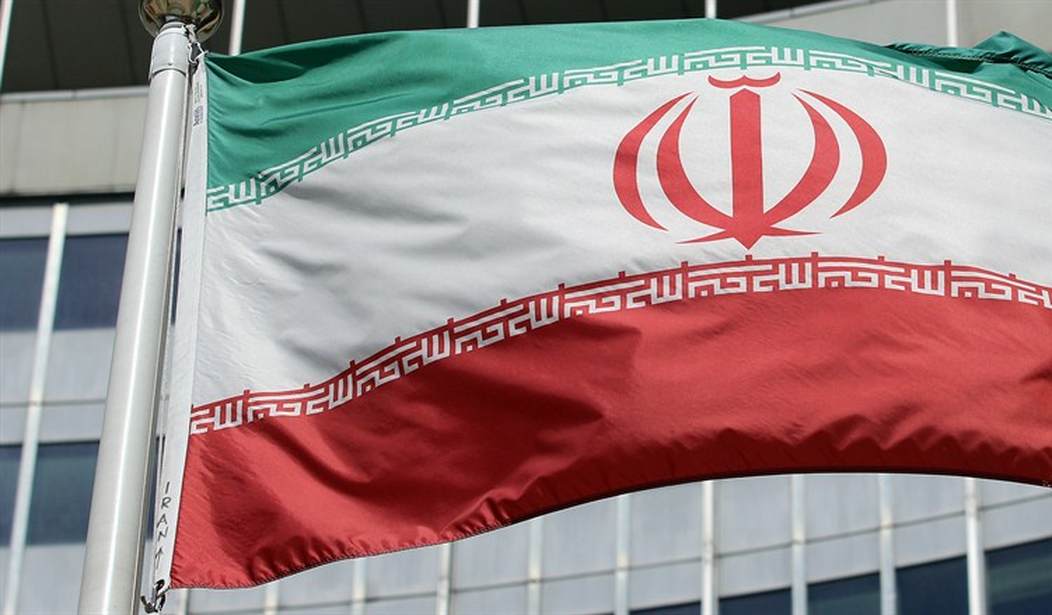The Islamic Republic of Iran’s announcement this month that an Iranian-Swedish scholar and expert in disaster medicine, Ahmadreza Djalali, would be executed for “collaboration with hostile governments” and “acting against national security” followed earlier declarations by the regime’s Supreme Court that it would uphold the wrongful conviction, despite Djalali’s rapidly deteriorating health.
Detained while participating in a series of academic meetings hosted by universities in Tehran and Shiraz in 2016, Djalali’s initial confession was aired on Iranian state media. But the defendant promptly recanted and alleged at trial that his admission had been extracted through torture. Forced confessions are commonplace in Iran.
Djalali contended that he was pressured to spy on behalf of the Islamic Republic and that, when he refused to do so, authorities charged him with having already carried out espionage on behalf of Israel. The defendant’s wife’s repeated declarations that her husband “had never been to Israel and had no contact with governments of countries that Iran deems hostile” fell on deaf ears.
The timing of the Iranian regime’s announcement of its plans to execute Djalali earlier this month were conspicuously close to the conclusion of a trial in Sweden which sought to ascertain former Iranian prison official Hamid Noury’s criminal liability for the 1988 massacre of 30,000political prisoners, 90 percent of whom were members or sympathizers of the main Iranian opposition movement, the Mujahedin-e Khalq (MEK). Dozens of witnesses to that massacre, including MEK members residing at Ashraf-3in Albania, testified against Noury over the course of several months in a trial made possible by the principle of “universal jurisdiction” over serious violations of international law. Noury stands accused of war crimes, and if convicted he faces possible life imprisonment. A jury verdict is expected in July.
Recommended
The announcement of a firm schedule for Djalali’s execution initially fueled speculation that Tehran would seek to pressure Swedish authorities into releasing Noury as a means of saving Djalali’s life. But the subsequent announcement of a final decision in his case was accompanied by statements effectively ruling out the possibility of such a swap. Some experts also noted that the likelihood of an exchange was diminished by the fact that Iran did not wait for the announcement of a verdict in Noury’s case before moving ahead with Djalali’s.
Prior to her release last month, Tehran repeatedly asserted the legitimacy of its case against Iranian-British charity worker Nazanin Zaghari-Ratcliffe, in defiance of Western officials’ description of her as a hostage. Meanwhile, the prisoner herself was reportedly told on several occasions that authorities intended to hold her indefinitely – or at least until the United Kingdom arranged payment of a decades-old debt stemming from aborted arms sales to the previous regime.
The de facto ransom payment did ultimately spark the release of Zaghari-Ratcliffe and another British citizen, while at least one permanent resident remained under detention in an Iranian prison to serve as a pawn in negotiations between Iran and its Western adversaries.
A spokesperson for the Iranian judiciary’s comment following the confirmation of Djalali’s death sentence was revealing in terms of underscoring how dual nationals are used by Tehran as sources of leverage in global affairs. Despite his insistence that the two cases “have nothing to do with each other,” Zabihollah Khodayian described both Djalali’s citizenship and Noury’s prosecution for war crimes as “politically motivated.”
As the deadline for Djalali’s looming execution approaches, Western governments are facing mounting pressure from human rights groups, Iranian dissidents, and others. In a related development, 11 human rights organizations issued a joint statement alleging that Iran is seeking to avoid accountability for its overall human rights record by granting a request for Alena Douhan, the United Nations special rapporteur on universal coercive measures, to visit the country with the aim of examining the impact of U.S.-led sanctions on the enjoyment of human rights in the Islamic Republic.
Concern over the visit’s implications is underlined by prior criticisms levied against Douhan in the wake of her first report to the UN Human Rights Council in fall 2020. At the time, UN Watch, a prominent non-governmental organization, accused her of declining to call out “gross abuses” by the governments of Iran, Syria, Venezuela, and Cuba, in favor of blaming “problems in those countries on U.S. sanctions.”
Douhan is by no means the only high-profile official to give Iran the benefit of the doubt in human rights matters, even while international attention remains focused on persistent abuses against individuals and groups like Djalali, Western nationals in general, and political prisoners broadly. On Monday, Robert Mardini, the director general of the International Committee of the Red Cross, commented on the previous two days’ talks with Iranian authorities by saying, “The discussions were positive. We see eye to eye.”
Mardini’s comments to international media gave no indication that he made attempts to broach the troubling incidents in his discussions with Iranian leaders. He did, however, tell Agence-France Presse that regime officials at the foreign and interior ministries had spoken with him about the estimated 40,000 people still considered missing from the eight-year Iran-Iraq War.
This number is only slightly higher than the number of people believed to have been killed by the regime’s “death commissions” over a period of only three months in the summer of 1988, just as that war was coming to an end. This unresolved crime against humanity was given a spotlight in the run-up to Mardini’s visit because of the alleged connections between Djalali’s imminent execution and Sweden’s pursuit of accountability for at least one participant in the 1988 massacre.
The Iranian regime must be held accountable for committing genocide in 1988 and it cannot be allowed to blackmail the international community by detaining Western nationals on trumped up charges any longer. A firm policy is needed to curtail Tehran’s belligerence and to put an end to the regime’s hostage taking.

























Join the conversation as a VIP Member